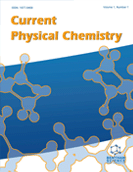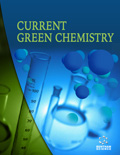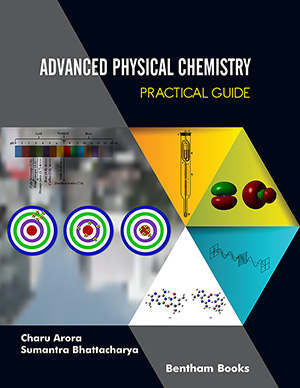Abstract
The aim of this study is to investigate the properties related to peptide inhibitors of replication of Dengue virus type 2, predict whether these compounds exhibit pharmacokinetic properties (absorption, distribution and toxicology) and propose new drug candidates with better properties (physicochemical, toxicological and pharmacokinetic). Fifteen inhibitors of nonstructural protein 3 (NS3) were selected, i.e. the most active in the database of Binding DB, based on the value of Ki. From this study for the development of new potential NS3-protease inhibitor candidates for the Dengue virus type 2 treatments; we described that modifications achieved satisfactory results because three molecules showed improvements in some properties relative to the reference compound, which was the most active. However, the inhibitor that stood out in ADME/Tox calculations among the 15 inhibitors was compound 11, which is better absorbed by oral administration, showing an improvement in the absorption in the intestine, remaining inactive in the central nervous system (CNS). This compound is not carcinogenic for mice in toxicological analysis, yielding a potential drug candidate inhibitor of nonstructural protein 3 (NS3) for Dengue type 2.
Keywords: ADME/Tox, Dengue virus, flavivirus, molecular modeling, NS3 protease inhibitors.












